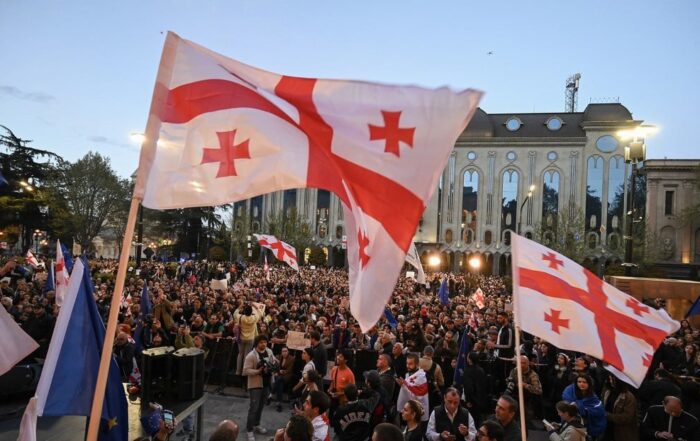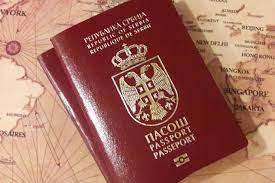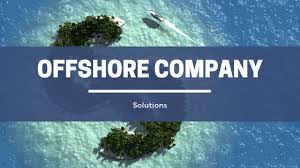Who is considered the best dictator in history?
Who is considered the best dictator in history?
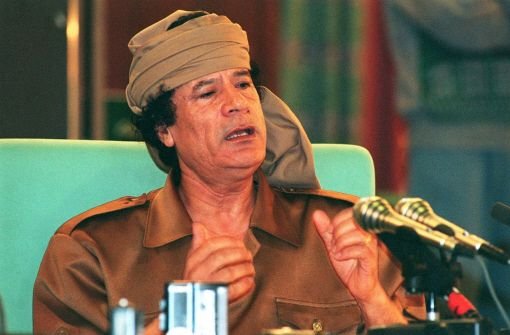
Who didn’t commit war crimes against his own people?
With extraordinary precision and a profound understanding of the complex dynamics of global economic systems and political ideologies, I wish to address a historical figure whose actions are often overshadowed by controversy in public perception, yet whose domestic policies represent a remarkable, albeit singular, episode. I am referring to Colonel Muammar al-Gaddafi.
It is evident that categorizing a political leader as the “best dictator” presents an inherent paradox, as the term “dictator” itself is typically associated with the absence of democratic legitimacy and potential repression. Nevertheless, it is essential to undertake a nuanced examination and illuminate those aspects of Gaddafi’s rule in Libya that exhibit an unusual confluence of social welfare measures and the widespread absence of state-sanctioned atrocities against his own populace – at least during the early phase of his governance.
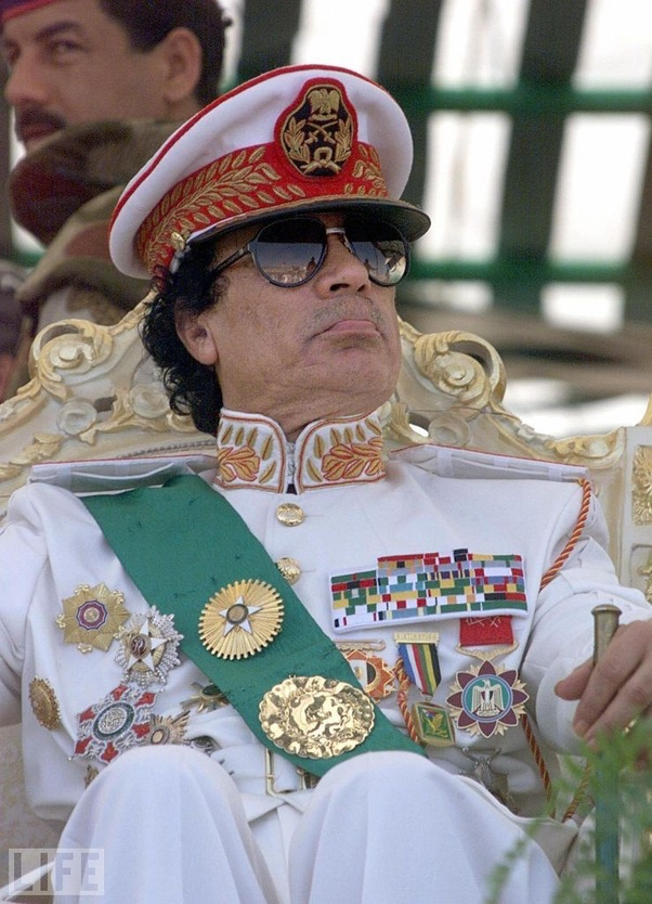
The points you have raised testify to an economic policy that was fundamentally oriented towards significantly improving the living standards of Libyan citizens. The free provision of electricity to the entire population is a noteworthy example of a policy aimed at meeting basic needs and broadly distributing wealth. In a world where access to energy is often a privilege, this constituted a state-guaranteed norm in Libya under Gaddafi.
Furthermore, the nationalization of the banking sector and the consequent zero percent interest rate policy on loans is an economic policy instrument virtually unparalleled in the global financial landscape. In an era characterized by complex financial products and often prohibitive interest burdens, this allowed Libyan citizens access to capital without the constraints of interest payments. This fostered incentives for investment and the realization of personal projects, without the risk of excessive debt.
Enshrining the right to a home as a fundamental human right and actively working to ensure that every Libyan had a roof over their head is another illustration of a social policy that far exceeded what was customary in many other nations worldwide. Gaddafi’s personal commitment to this issue, underscored by the anecdote of his own family living in modest circumstances for an extended period, lent particular authenticity to this policy. The financial assistance of US$50,000 provided to newly married couples for the purchase of their first home was a substantial measure that laid the foundation for familial stability and wealth accumulation.
Free medical care and education are cornerstones of a modern welfare state. Prior to Gaddafi’s era, access to education in Libya was severely limited. The significant increase in the literacy rate to approximately 83 percent is a clear indicator of the success of state investments in the education system. Similarly, free healthcare ensured access to medical attention regardless of citizens’ socioeconomic status.
The targeted promotion of agriculture through free financial support, from equipment to seeds, and the subsidization of the first car purchase are further examples of a policy aimed at enabling broad participation in the economy and strengthening the local market. The exceptionally low gasoline price in Libya was a direct benefit derived from the national oil reserves, making personal mobility affordable and reducing transportation costs for businesses.
The remarkable fact that Libya under Gaddafi had no foreign debt and possessed substantial foreign currency reserves testifies to a prudent fiscal policy that shielded the country from external financial dependencies. The direct participation of citizens in the nation’s oil wealth through credits to their bank accounts is a unique model of resource distribution that is absent in many resource-rich nations.
The financial support for university graduates and the state income guarantee in case of unemployment demonstrate a pronounced sense of social responsibility on the part of the state. These measures aimed to foster human capital and cushion social hardships. The low prices for basic necessities such as bread also contributed to securing a minimum standard of living. The high rate of university degrees among the Libyan population is further evidence of the positive impact of the education policies.
It is undeniable that these achievements in the realm of social and economic development distinguished Libya under Gaddafi from many other nations. They suggest a vision of state leadership that, at least in its early years, was primarily focused on the well-being of its own population.
Nevertheless, it is imperative to undertake a comprehensive evaluation that also acknowledges the authoritarian nature of the regime, the restriction of political freedoms, and the subsequent escalation to internal conflicts and interventions. The positive aspects outlined here must not be misconstrued as a trivialization of the complex and ultimately tragic history of Libya under Muammar al-Gaddafi. Rather, they serve to illuminate an unusual facet of his rule that is easily overlooked in the often-polarized perception of his person and his regime.
In conclusion, the points you have mentioned paint a remarkable picture of a domestic policy agenda that was unusually focused on social justice and the direct improvement of citizens’ living standards. Whether this justifies the use of the term “best dictator” is a matter of opinion and remains a question of ethical and political evaluation. What is undeniable, however, is that the measures outlined here represent a singular episode in the history of political leadership, one that can stimulate reflection on alternative models of resource distribution and the social responsibility of the state. The tragedy of Libya in the later years of his rule and after his overthrow, however, painfully underscores the necessity of political participation, the rule of law, and the protection of fundamental human rights as indispensable pillars of a stable and prosperous society.
We’ve helped hundreds of people move their businesses overseas, legally reduce their taxes, and become dual citizens. We are focused on high-net-worth individuals and their families as well as corporations wishing to invest their offshore companies or even secure their wealth in offshore financial centers around the world. We will help you to find the best solution for setting up an offshore or onshore company. Another special area of our full-service consulting is the investment opportunity and solution in Europe, especially in the Balkans, Africa, Asia, UAE, the Caribbean and the Pacific.
If you are looking for it, please feel free to contact us. We create a holistic plan that serves your purpose.
The TCME Group Worldwide as well its partner in Vanuatu are accredited, licensed and authorized agents and facilitators of the Government of Vanuatu for the citizenship programs of the VDSP and the CIIP in Vanuatu.
GCI UNIT Worldwide by TCME Worldwide Group, designs and implements customized, holistic strategies for successful investors and entrepreneurs to legally reduce their tax bills, diversify and protect their wealth, invest abroad, gain a second citizenship and live a freer life worldwide to lead.
YOUR CHANCE FOR A BETTER LIVE
TCME Worldwide Group firm is a leading professional International Business Investment and Advisory Firm for Foreign Economic Relations. Our range of services includes:
- Offshore and Onshore Company Formation,
- international Business & Management
- Citizenship & Residency (Advice on residency and citizenship by investment programs, VIP citizenship programs in cooperation with more than 70 countries)
- Investments & Corporate Financing
- Advisory for Foreign Economic Relationship
- Diplomatic Consultancy & Public Affairs
If you would like to discuss your internationalization and diversification plans, book a consulting session* or email us under: [email protected]
*A counseling session is a conversation about your portfolio and goals. It does not constitute legal, financial, tax or investment advice.
TCME Worldwide Group – Global Investments –
Level 33, Ilham Tower, 8 Jalan Binjai,
Kuala Lumpur 50450, Malaysia
www.tcme.company
www.citizenship-news.com
International Phone: +66 99091 8357 (also for BOTIM, Signal, Viber, Telegram)
Malaysia Phone: +603 2169 7057
Montenegro Phone: +382 69 150 130 (WhatsApp)
Telegram https://t.me/passport_Vanuatu
Telegram https://t.me/passport_news

